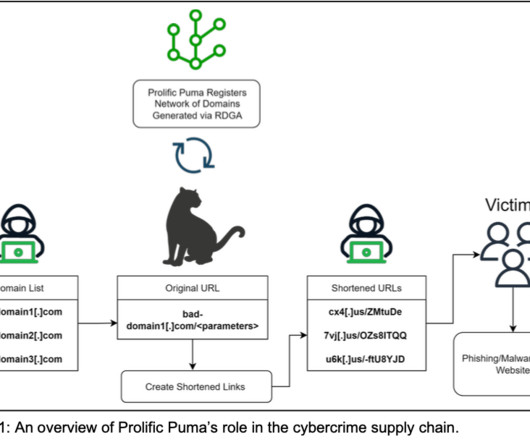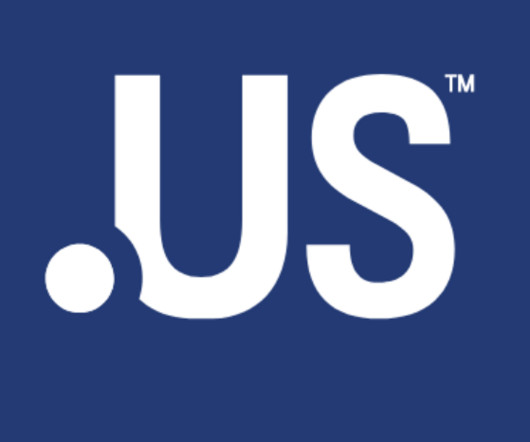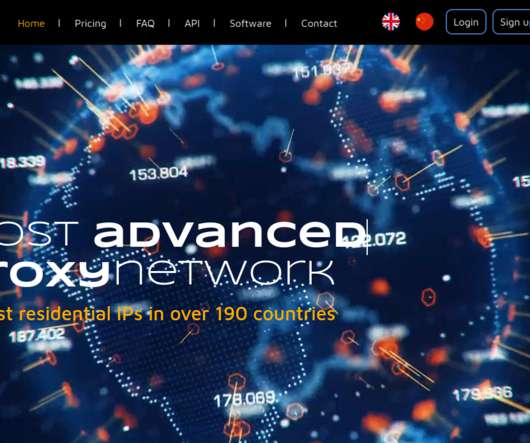15-Year-Old Malware Proxy Network VIP72 Goes Dark
Krebs on Security
SEPTEMBER 1, 2021
Over the past 15 years, a cybercrime anonymity service known as VIP72 has enabled countless fraudsters to mask their true location online by routing their traffic through millions of malware-infected systems. Between 2003 and 2006, Corpse focused on selling and supporting his Haxdoor malware. The domain Vip72[.]org













Let's personalize your content